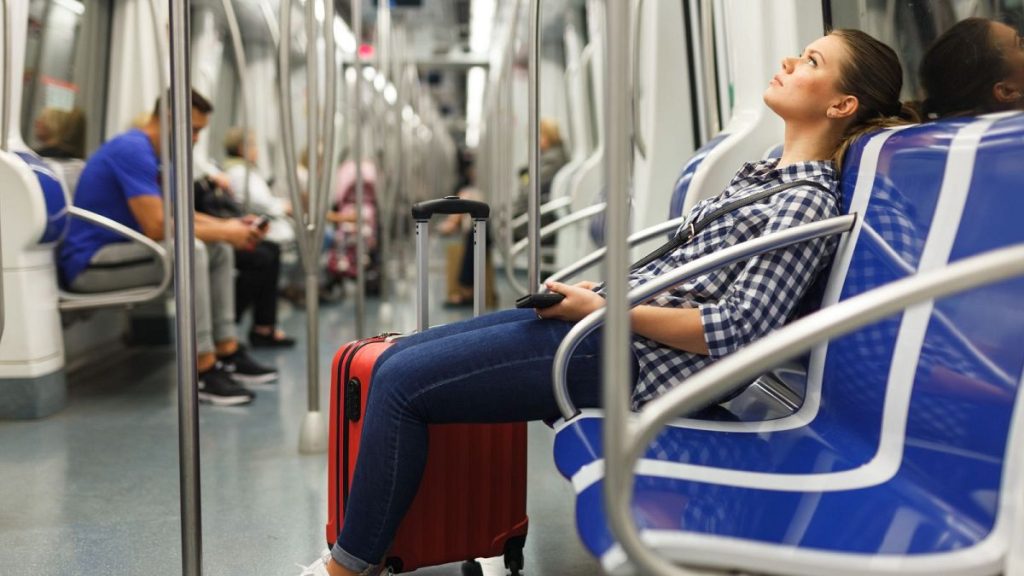The phenomenon of post-travel fatigue, a state of exhaustion experienced after returning from a trip, sparked a lively discussion on Reddit’s travel community. A user, having returned from their first solo trip in two decades, expressed concern about feeling overwhelmingly tired, achy, and experiencing cold-like symptoms. This prompted a wave of responses from fellow travelers, many of whom shared similar experiences, validating the original poster’s concerns and offering reassurance that such fatigue is a common occurrence. The discussion delved into the various factors contributing to this widespread phenomenon, ranging from age and fitness levels to the intensity of the travel itinerary and the individual’s overall health.
The conversation highlighted a paradoxical relationship between travel and energy levels. While some travelers reported feeling energized during their trips, fueled by the excitement and novelty of new experiences, this often gave way to exhaustion upon returning home. Others described feeling constantly drained throughout their journeys, particularly when faced with constant hotel changes or packed itineraries. This dichotomy suggests that the impact of travel on energy levels isn’t uniform but varies greatly depending on individual factors and travel styles. The fast-paced nature of modern travel, often involving long flights, multiple destinations, and a desire to maximize sightseeing, can contribute significantly to physical and mental exhaustion.
Age emerged as a significant factor in the discussion. While some older travelers shared their ability to maintain high energy levels during extensive trips, attributing it to consistent physical activity in their daily lives, others acknowledged that age inevitably plays a role in post-travel fatigue. The consensus seemed to be that maintaining a reasonable level of fitness throughout the year can significantly impact one’s ability to cope with the physical demands of travel. However, the conversation also cautioned against dismissing post-travel exhaustion entirely, as it could sometimes be indicative of an underlying illness, especially when accompanied by symptoms like sore throat and body aches.
The discussion evolved into a sharing of practical tips for mitigating travel fatigue. Planning ahead was highlighted as a crucial strategy. Creating a detailed itinerary, while ensuring it allows for flexibility and downtime, can help optimize the travel experience and prevent feeling overwhelmed. This approach allows travelers to anticipate potential challenges and proactively incorporate rest and relaxation into their schedules. The importance of pacing oneself and avoiding the temptation to cram too much into each day was emphasized. Treating a vacation as a time for enjoyment rather than a checklist of activities to be completed can significantly reduce stress and fatigue.
Another key piece of advice centered on listening to one’s body. Recognizing and respecting personal limits, taking breaks when needed, and avoiding pushing oneself beyond physical capabilities are crucial for maintaining energy levels and overall well-being during travel. This involves being mindful of individual triggers for tiredness, such as crowds or traffic, and strategically planning around them. Supplementing this self-awareness with immune-boosting measures can further enhance resilience and minimize the risk of falling ill while traveling. The underlying theme of these recommendations was the importance of striking a balance between maximizing the travel experience and prioritizing personal well-being.
In conclusion, the Reddit thread illuminated the multifaceted nature of travel fatigue, a common experience affecting travelers of all ages and backgrounds. While the excitement and stimulation of travel can provide a temporary energy boost, the physical and mental demands of navigating unfamiliar environments, managing logistics, and adapting to new routines can take a toll. The discussion emphasized the importance of self-awareness, careful planning, pacing oneself, and prioritizing well-being to minimize the negative impacts of travel fatigue and ensure a more enjoyable and rejuvenating travel experience. Ultimately, the key takeaway is that travel should be a source of enrichment, not exhaustion, and by heeding the advice shared by experienced travelers, one can strike a balance between exploration and self-care, ensuring a more fulfilling and less draining journey.









